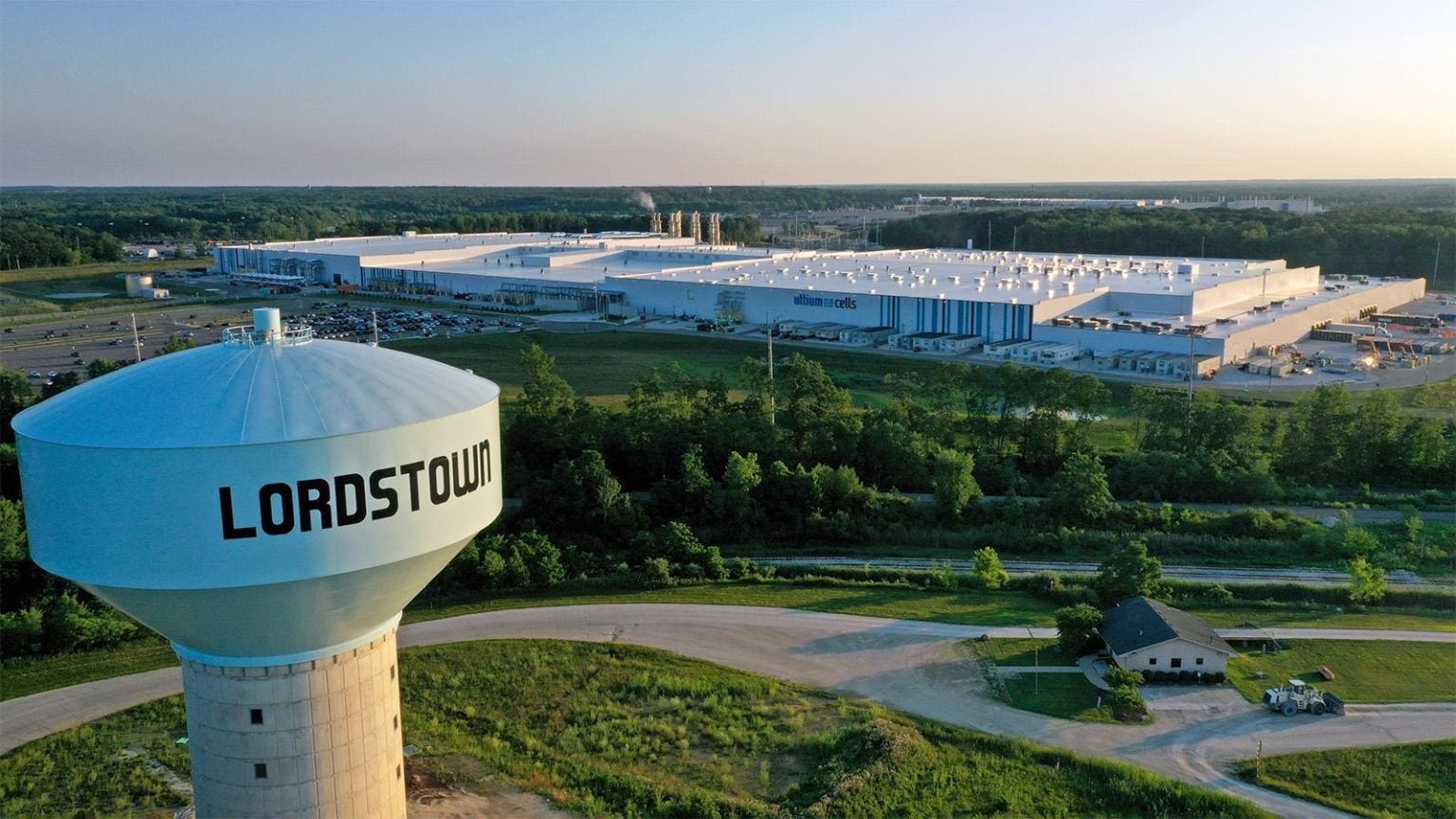Biden’s Battery Boom: A Legacy Trump Can’t Erase
The Inflation Reduction Act (IRA), President Biden’s landmark climate legislation, has ignited a surge in clean energy investments, particularly in battery technology, that will be difficult for the incoming Trump administration to reverse. Billions of dollars have already been disbursed in loans and grants, fostering a burgeoning battery industry across the country, even in Republican-led states. This injection of capital has spurred the construction of approximately 40 battery and electric vehicle (EV) factories, laying the groundwork for a significant shift in the American automotive landscape. While President-elect Trump has vowed to dismantle the IRA, the sheer scale of existing commitments and the tangible benefits of job creation in key electoral districts present a formidable challenge to any attempt to derail the momentum.
Trump’s Tariff Threat: A Looming Cloud Over EV Growth
Despite the entrenched progress in battery production, the future of the American EV market under a Trump presidency remains uncertain. Proposed tariffs of 60% on Chinese goods pose a substantial threat to the industry. While many EVs sold in the U.S. are assembled domestically, a vast majority of their battery components and raw materials originate in China. These tariffs would dramatically escalate costs, potentially stifling EV sales and bolstering China’s dominance in battery and EV production. This dependence on China for critical materials underscores a key vulnerability in the domestic EV industry and creates a potential conflict between Trump’s protectionist trade policies and the growth of a sector he ostensibly aims to support.
A Bipartisan Imperative: Securing the Battery Supply Chain
Recognizing the strategic importance of a secure battery supply chain, the Biden administration has allocated funding to develop domestic sources of critical battery materials, including lithium and graphite refining and the production of anodes and cathodes. This initiative aims to reduce reliance on China and bolster national security, given the importance of these materials for both clean energy technologies and military applications. This strategic imperative aligns with elements of Trump’s own "America First" agenda and garners bipartisan support, potentially mitigating the impact of policy reversals in other areas. The nascent domestic battery materials industry offers a pathway to both economic competitiveness and national security, presenting a compelling argument for continued investment regardless of political affiliation.
Red State Battery Belt: An Unlikely Alignment of Interests
Ironically, many of the new battery factories spurred by the IRA are located in Republican-controlled states that voted for Trump. This creates an interesting dynamic, as these projects contribute to job growth and economic development in regions central to Trump’s political base. Automakers like General Motors have invested billions in battery ventures exclusively in states Trump won, aligning with his focus on revitalizing American manufacturing. This convergence of interests may serve as a buffer against drastic policy shifts that could negatively impact these investments and the associated economic benefits. While Trump has expressed skepticism towards green energy initiatives, the tangible economic gains from these projects in his political strongholds complicate any outright rejection of the progress made.
Tesla and the China Conundrum: A Wild Card in the EV Game
Tesla, a major beneficiary of government subsidies and a heavy reliance on Chinese manufacturing, presents a unique case study. Nearly half of Tesla’s vehicles are produced in China, taking advantage of lower labor costs and access to critical battery components and materials. Elon Musk’s close relationship with Trump introduces an unpredictable element. While the Tesla CEO benefits significantly from existing EV incentives and policies aimed at reducing carbon emissions – policies Trump aims to dismantle – his influence could potentially moderate the incoming administration’s approach. Whether Musk can persuade Trump to maintain policies favorable to Tesla and the broader EV industry remains a critical unanswered question.
Beyond Politics: The Sustainable Future of Battery Technology
Industry experts remain optimistic about the long-term trajectory of battery technology and the EV market, driven by market forces and the growing momentum of private investment. While government funding has played a catalytic role, the transition to a more sustainable energy future is increasingly driven by industry-led initiatives and consumer demand. This shift suggests that even in the face of potential policy changes, the clean energy revolution, and specifically the battery boom, is likely to persist. The challenge lies in optimizing the existing framework to encourage domestic production of battery materials and components, ensuring the long-term competitiveness and security of the American EV industry.


